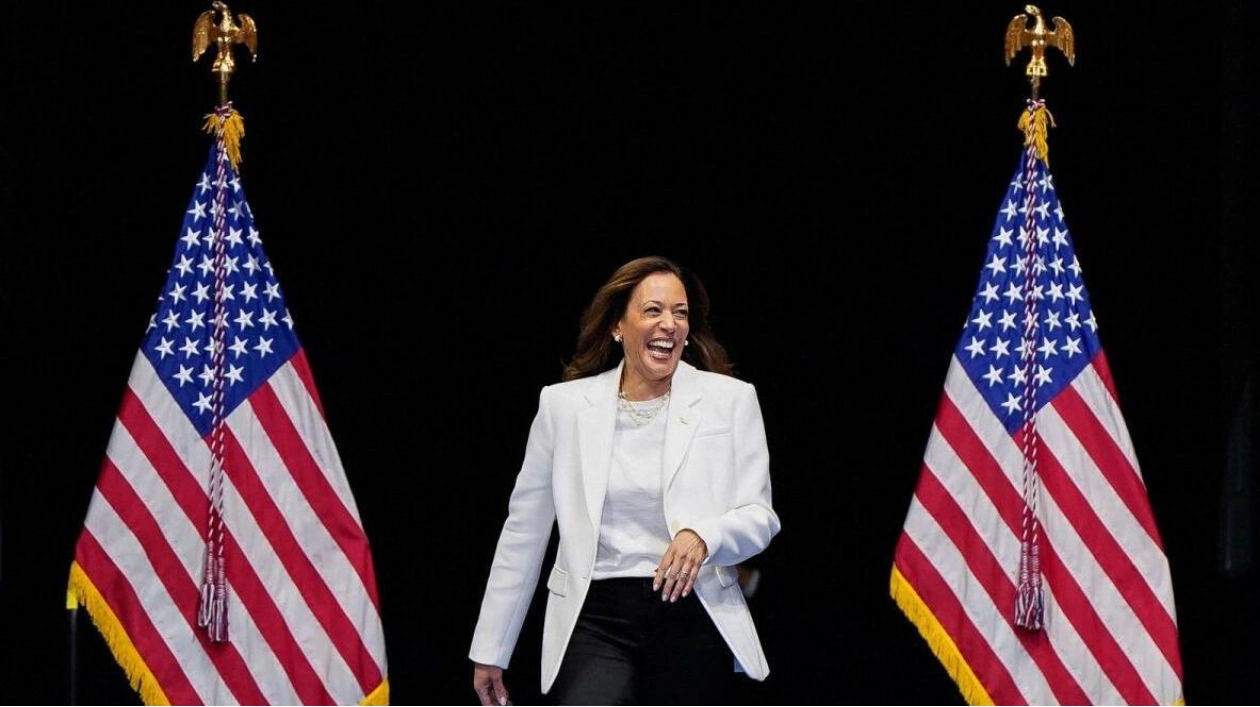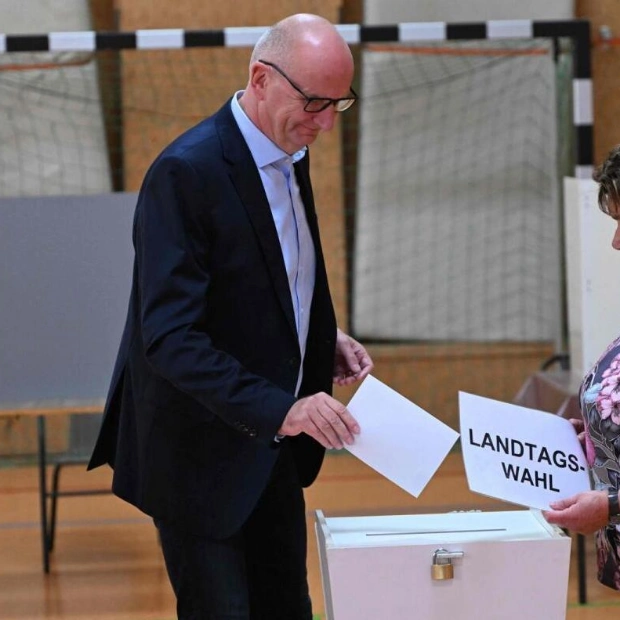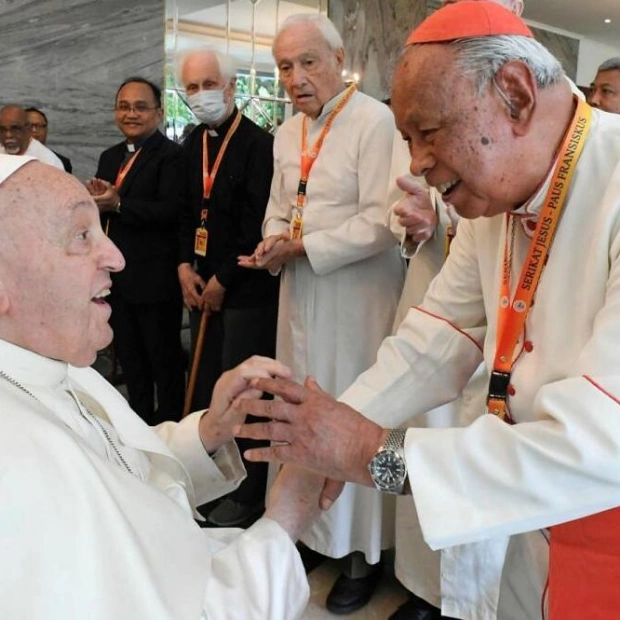As Kamala Harris prepares for the November presidential race against Donald Trump, the social club she joined in college over four decades ago could prove to be her most valuable asset yet.
"Whatever she needs us to do, we're ready to help push it out and get it done," said Tanya Baham, a member of Harris's college sorority, who attended the recent Democratic National Convention. Sororities and fraternities, with their Greek-letter names and exclusive memberships, are prevalent on US college campuses, promising community, typically along same-sex lines. However, Harris's membership in Alpha Kappa Alpha, a historically Black sorority, connects her campaign directly to a network of 360,000 women nationwide, many eager to see one of their own in the White House. The Democratic Party, which relies heavily on women and Black voters, is keenly aware of this.
Although the sorority is non-partisan, individuals like Baham are prepared to mobilize their networks for fundraising and voter registration in a race that could be very close. "We're going to ensure that our young and old get a chance to register and then vote," said Baham, a social worker in Louisiana. Harris joined AKA at Howard University, where the sorority was founded in 1908 as the first organization for Black undergraduate women in the US. Over the decades, more Black sororities and fraternities emerged, offering African American students support and serving as platforms for civil rights activism. AKA includes chapters for both undergraduates and graduates, making it more than just a college organization.
As vice-president, Harris has welcomed Black sorority and fraternity leaders to the White House and spoke at AKA's convention in Texas in July. Shortly after, she attended a convention for another Black sorority, Zeta Phi Beta, in Indiana. AKA members participated in a "Win With Black Women" Zoom call that raised $1.5 million, and Glenda Glover, a former president of the sorority, is spearheading outreach for Harris at historically Black colleges. AKA has also established a political action committee for fundraising for political candidates.
While AKA and other Black sororities offer a network for Harris, it's unclear how much this will translate into votes in November. The sorority and its members have been discreet, with several declining to speak about the election. Some referred inquiries to the sorority's headquarters, which did not respond to multiple requests for comment. However, political scientist Daniel Hopkins noted that "mobilization through sororities can't hurt," though he cautioned that "there are only so many voters in the US who attend four-year colleges and are members of these organizations."
African Americans, predominantly Democratic voters, have shown a slight drift away from the party, particularly among younger and less frequent voters. Amanda Wilkerson, an assistant professor studying Black voters, described organizations like Black sororities and fraternities as "hidden apparatuses" often overlooked by polls and media, despite their history of organizing for elections. Their members are experienced in campaigning, and the 2024 election is not their first involvement. Harris is the first candidate to fully leverage these networks, though Wilkerson noted, "It's not altogether new."






